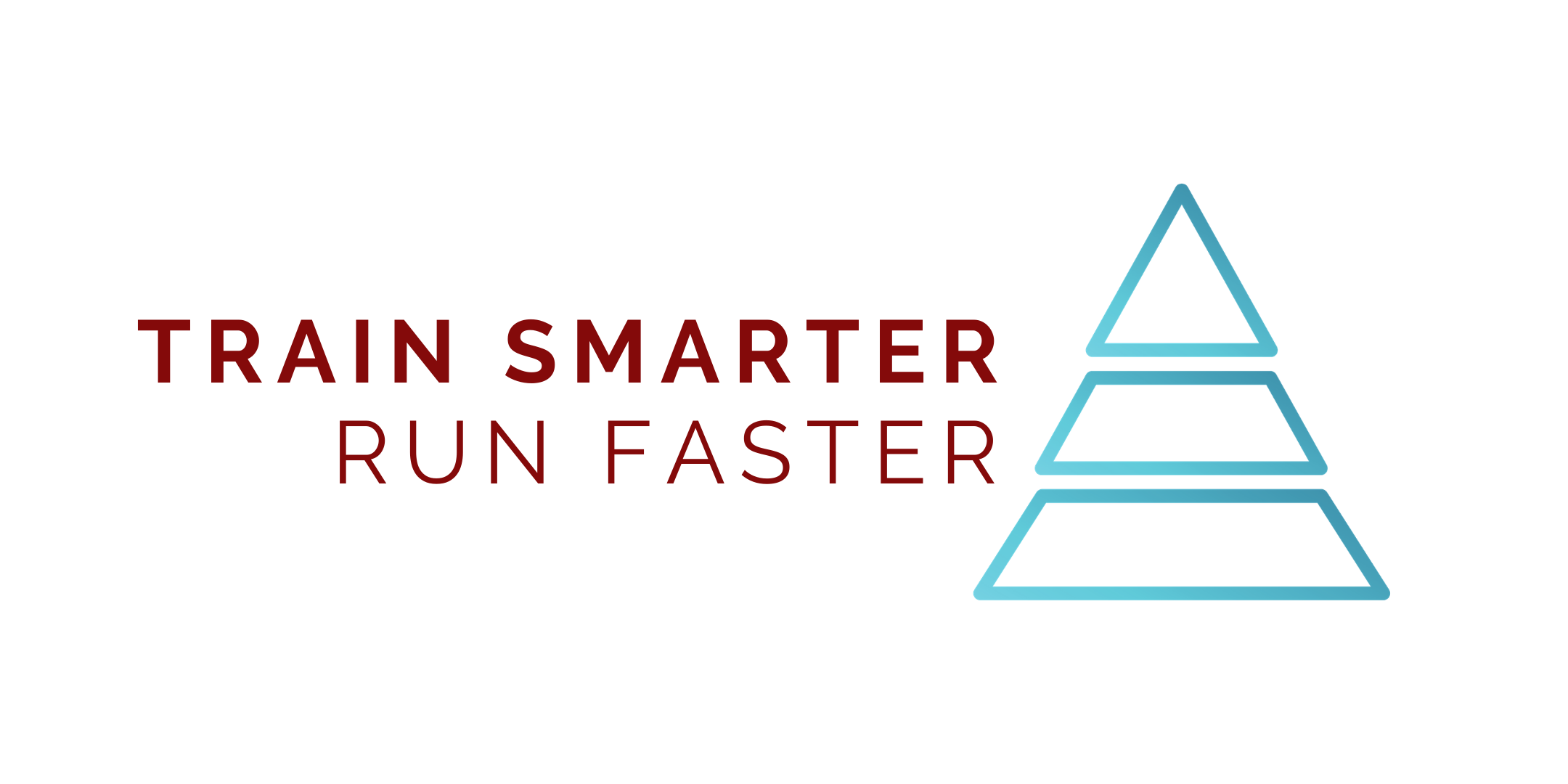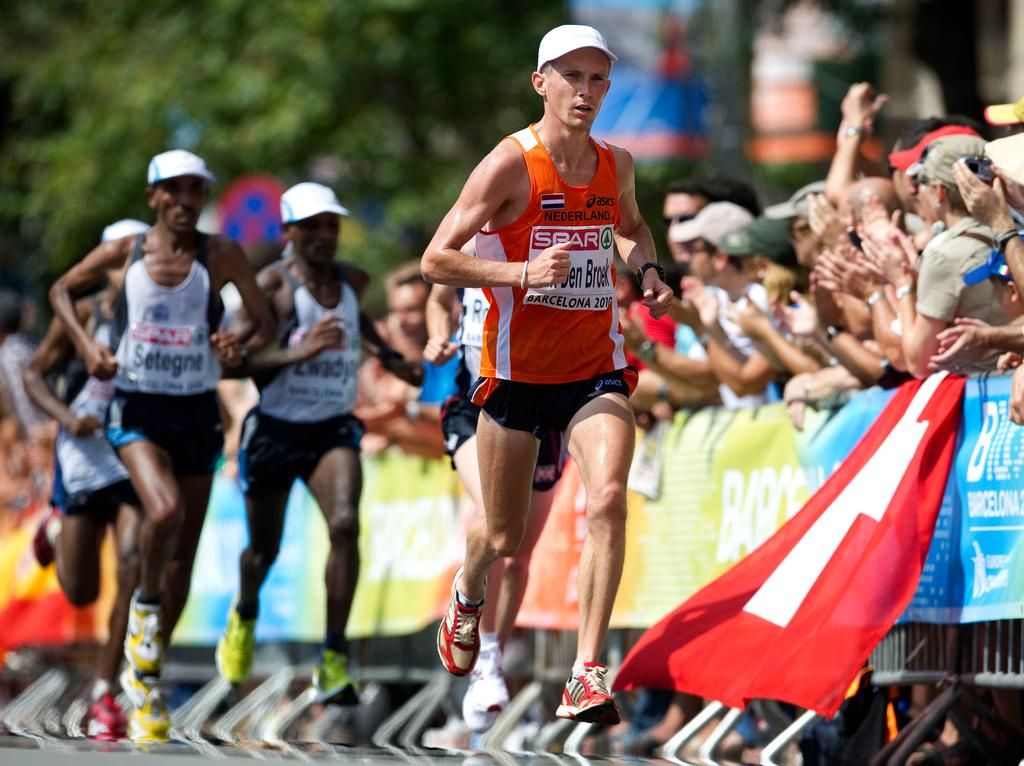Marathon race day is fast approaching, you have done the hard training, you have read our Marathon Race Week Tips, you’re prepared, focused and ready to give it your all. Now attention turns to race day itself, what can you do to ensure you have the best race possible? Ex-professional marathon runner and now professional marathon coach, Hugo van den Broek, calls upon his years of experience as an elite runner and decades of coaching experience, to share his top pieces of race day advice for making sure you maximise your marathon performance.
Be Prepared
Make sure you are well prepared. Whatever can be done before race day, should be done before race day. Have your racing kit and warm-up clothes ready. If you’re staying at a hotel, you don’t want to search for the breakfast hall in the morning, wondering whether it will be open. Make sure you inform yourself about this the day before.
Give Yourself Time
Wake up at least 3 hours before the race and make sure you have finished your breakfast at least 2 hours before you start your warm-up.

Stick to What You Know
Resist the urge to eat all the yummy stuff for breakfast. This is not the time for experimenting, stick to what you know works well for you. For many athletes, 2-3 slices of bread or toast and some cups of tea or coffee works well. You might have something totally different, which is fine, as long as you know it works for you. Generally speaking, food items that are high in fat and protein, such as eggs or yogurt, are more likely to cause stomach issues during the race – although I personally always had peanut butter on one of my slices of bread.
Hydrate
Drink something (500-750ml) about 2 -3 hours before the race. Preferably not only tea or coffee, but also some water or sports drink. There is no need to keep on drinking a lot after that, since these fluids generally just pass through your system and will only cause you to visit the toilet often. You don’t want to spend too much time waiting in front of the portable toilets. Now and then a sip of water is okay. Drink something (100-200ml) in the last 10 minutes before the race. This serves as your first drinking station.
Be Calm and Confident
The marathon is about energy. If you come to the elite athletes’ hotel, you will see how quiet the athletes are and slowly they move around. We call it the calm before the storm. Everyone is saving their energy for the race. Try to also be confident. Tell yourself that you’re ready. You have trained for this for months. Today is the day you are going to prove to yourself, and others, what you’re made of.
one-to-one online coaching from a professional running coach

Do a Small Warm-up
This can consist of just 10 minutes of jogging, about half an hour before the race (the exact timing also depends on when you have to enter the start area), followed by 5 to 10 minutes of dynamic stretching. You can also do a few relaxed strides, if you want.
Take Some Caffeine
Caffeine is one of the very few supplements that have a proven positive effect on performance. Research has shown that athletes can run longer at their lactate threshold after taking some caffeine. You can take it as a chewing gum or tablet (just before or during warm-up), or in the form of coffee/tea. Make sure you have tried this out during training. Although it generally works well, it doesn’t work for everyone, some athletes get stomach complaints from caffeine, so if you have not tried it before, then probably ignore this tip (but try it out in training ready for next time!). Note: although I believe in the effects, it didn’t work for me. I felt like my mental preparation did the same work as the caffeine (only better) so I did not see an improved performance after ingesting caffeine.
Mentally Divide the Marathon into Parts
I used to divide the marathon in three parts: the first 21K, the next 14K and the last 7K. During the first 21K the focus was on being relaxed. I would tell myself to follow the pacer and take the shortest route, while focusing on having an efficient running form. The main goal was to get through it, while saving as much physical and mental energy as possible. In the second part (21-35K) I had to be ready to put in a conscious effort, both physically and mentally, in order to maintain the pace. It was less about being relaxed and more about being focused and trying to keep pushing, while still being in touch with my body (now and then) to make sure I divided my energy well. After all, there was still a long way to go. In the last 7K I didn’t listen to my body anymore. I would ignore the pain completely and just be focused on running as fast as I could.

Use Self-Talk
Use positive self-talk to stay in the present. Performing well is all about being in the present and being actively engaged in what you are doing. Self-talk helps with this and pushes away any negative or ineffective thinking that you may have. In the first half of the marathon, you might tell yourself ‘stay behind that runner’, or ‘smooth and fast’, or ‘this is your day’. In the middle part you may want to say ‘time to focus’, or ‘you’re stronger than ever’, or ‘keep pushing’, while in the last part of the marathon phrases such as ‘you know how to suffer’, or ‘you can pass them’, or ‘time for the kick’ can be effective. As you use self-talk more regularly, you will find out what works well for you.
Pay Attention During the Drinking Stations
The marathon is long and getting some fluids and energy into your system is important. A common mistake is to think that you only need the drinking stations after 25K (after all, most people don’t drink anything during a half-marathon). It’s the other way around. You need the drinking stations in the first half of the marathon, to get you through the second half! In the first half of the marathon, your digestive system is better able to absorb whatever it’s being fed than in the last part, when all energy goes to your muscles. Try to get 100-200ml of energy drink into your system. You will easily win back the few seconds that you lose while drinking. Needless to say it’s smart to practice drinking during training; the act of drinking while running can be practiced, and also your digestive system can learn to get more effective in absorbing drinks and transporting the sugars to the muscles.
Thanks for reading
Coach Hugo
About the Author: Hugo van den Broek

Hugo is a former international athlete with a best marathon time of 2hr 12. He represented the Netherlands on many occasions in international events, and since his retirement from competition has made a successful transition into the world of coaching. Hugo has vast experience in coaching runners of all abilities, from Olympic athletes to first time runners. Find out more about Hugo and the services of Train Smarter Run Faster by clicking here.
Hugo is also the head coach for The Kenya Experience running camps.
We are a team of two dedicated and passionate running coaches with over 30 years of combined experience. Between us we can design the perfect, bespoke training plan for you, whatever you goals, whatever your current ability and whatever your lifestyle. We have worked with people who are new to the sport, Olympic athletes and everyone in between. Whether your aim is to run your first 10km or smash your marathon pb, we can help. Click HERE for more information.

